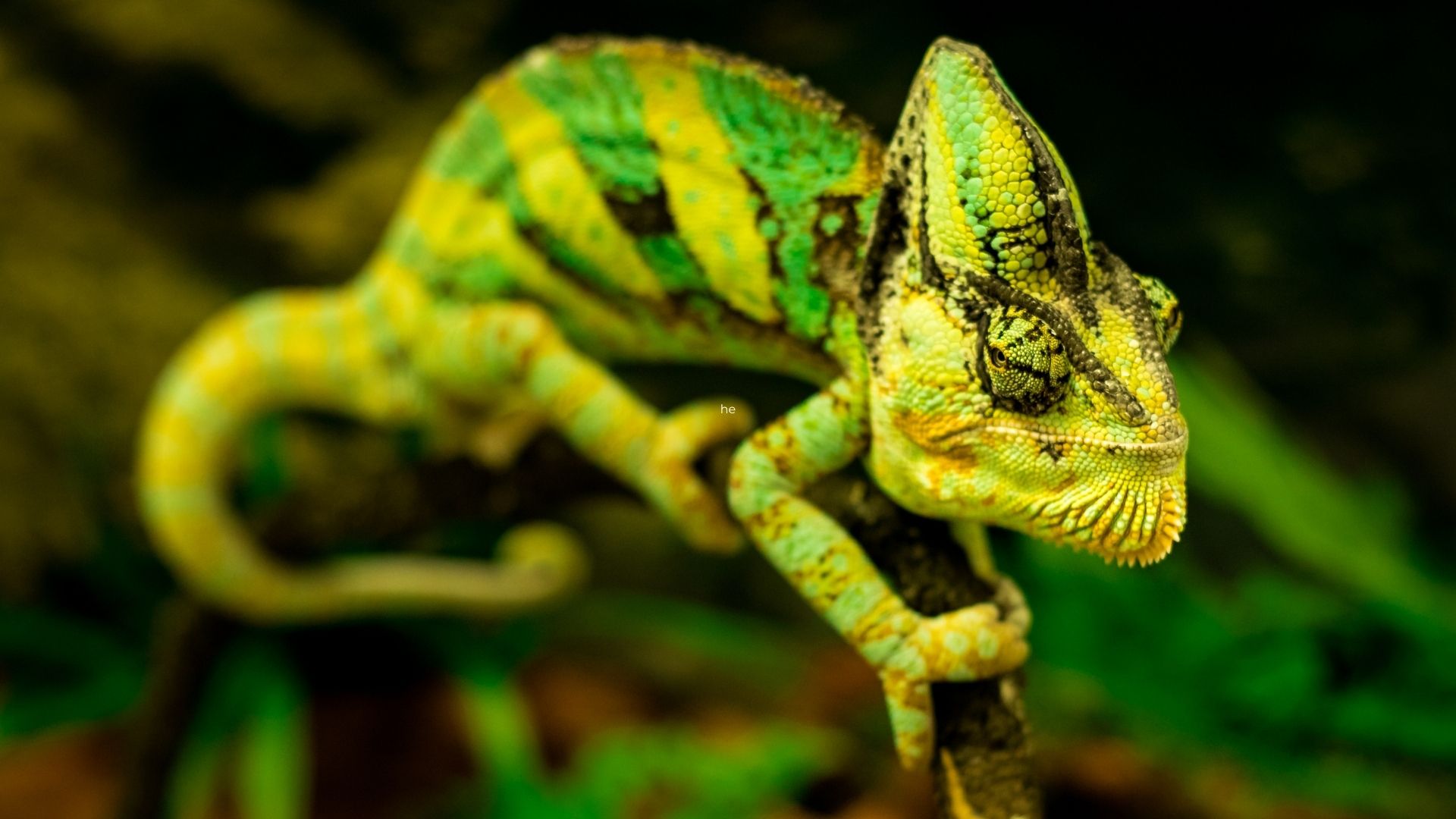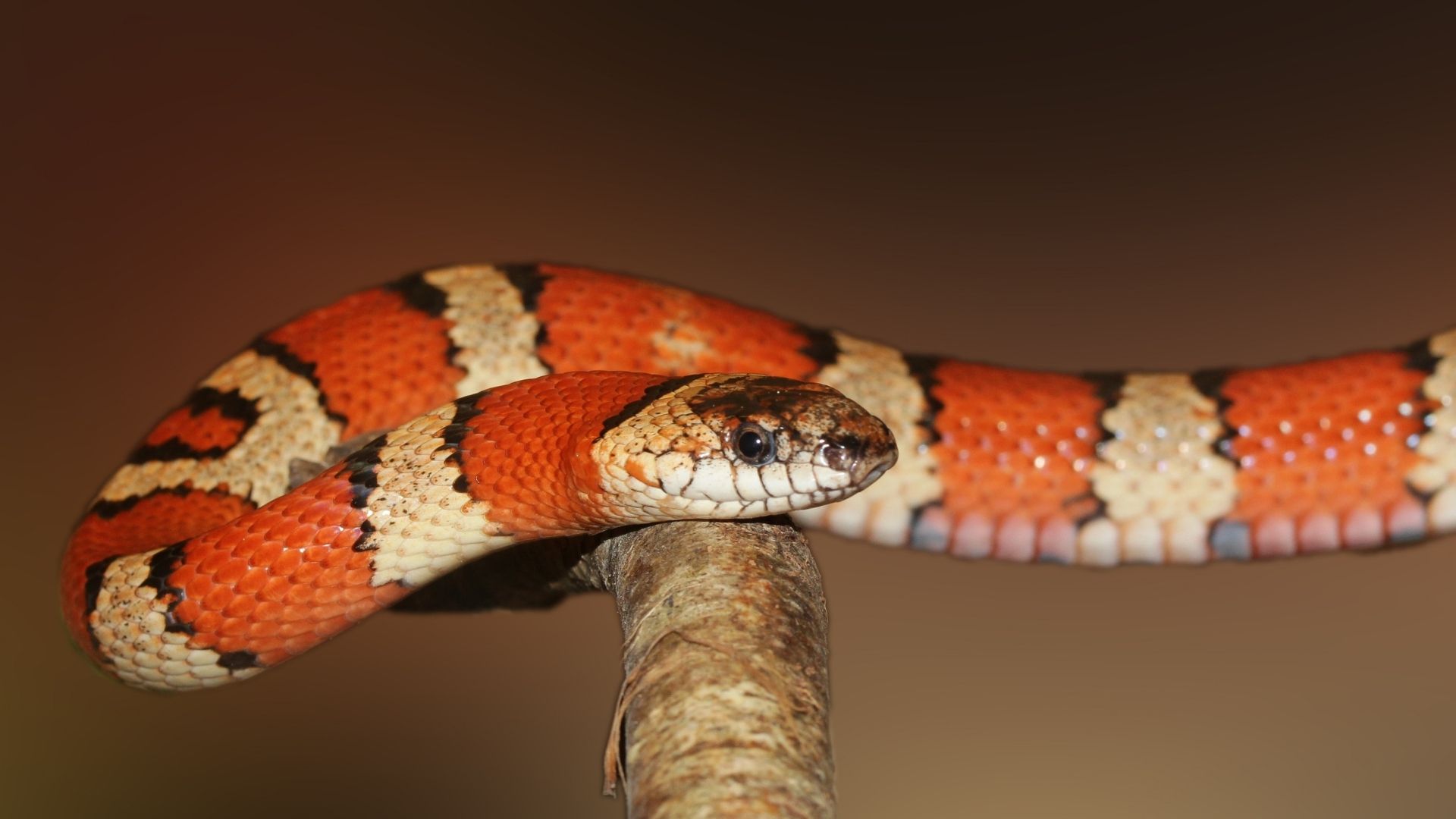Owning a reptile is very different from owning a cat or a dog.
They require a lifestyle that warm-blooded animals don’t. Follow Petworld’s 10-step checklist and you should have no problem keeping your reptile healthy and happy!
Steps To Reptile Care
Research
Make sure you research the particular type and breed of reptile you own. Each reptile varies when it comes to what it needs to thrive.
Petworld can supply a range of books for beginners through to advanced reptile owners. Just ask in-store!

Space
That cute 20-inch baby Burmese python you bought may fit inside a one-foot long aquarium/vivarium when you first bring it home, but within five months it is likely to reach five feet and can become as long as eighteen feet when it reaches maturity.
Petworld recommends buying an aquarium/vivarium big enough to last your reptile for its full life cycle. The space in the aquarium or vivarium can be cornered off and gradually made larger while your reptile grows.
Make sure to take into account the size of decorations you wish to place in the aquarium or vivarium.
Inside your Aquarium/Vivarium
In addition to the size of your reptile's home, you need to consider how the home needs to be set up. Enclosures must be escape-proof.
This is necessary not just for your safety but for the well-being of your pet too. And don’t forget to consider factors like cleaning, sanitizing, and routine maintenance.
With certain types of reptiles, handling is not an option so you may wish to have an extra container to keep your pet in while you clean out its regular home.

Food
If you own a herbivore (which only eats vegetables) then fresh fruit and veggies should make up most of its diet. If you own a carnivore it may have to be fed live food.
There is a great range of worms, crickets, locusts, and more in your local Petworld store.
Most reptiles also benefit from supplements, like our high-quality reptile supplements.
Temperature
Being cold-blooded, a reptile is not able to maintain its body temperature. It has to rely on you to provide an environment that allows it to stay healthy.
Most snakes, for example, will not eat if the temperature falls more than a few degrees below what they need.
Your tank should be split into a hot and cold section to allow your reptile to move from place to place and regulate its body temperature.
Heat should be generated from spot lamps or heat rocks. For turtles or water-dwelling snakes, a heater used for tropical fish can also be used.

Lighting
Light, like temperature, is something that your reptile needs to stay alive. Light provides your pet with specific vitamins which enable it to digest its food properly.
For many reptiles, a light source can be used both for light and heating, for example, our Exo Terra Sunglo Basking Bulb provides both.
Be sure to research how much light your reptile needs, which could be as many as sixteen hours.
Humidity
A snake or lizard kept in too dry an environment will develop health problems varying from shedding poorly to kidney failure, which is fatal.
However, too much humidity can lead to problems also, including fungal and bacterial problems.
Providing damp moss, a shallow dish of water, and spraying warm water into the aquarium/vivarium may be enough.
Other reptiles may require a humidifier.

Handling
Many small species should be handled very delicately and rarely. When they are lifted their whole body should be supported if possible.
Those that are suitable for more frequent handling should be held firmly, but not squeezed or pressed.
Small to medium snakes are best lifted by the mid-body and neck. Large snakes must be handled very carefully and their body should be supported as much as possible.
Remember that reptiles can carry salmonella so after handling any reptile, hands must be washed with antibacterial soap and hot water for at least thirty seconds, or treated with an antibacterial hand cleaner.
Health Risks
As mentioned above, reptiles can carry salmonella. Reptiles should be kept out of kitchens or where people prepare or eat food.
It is also important to keep reptiles away from people with a weak immune system.

Love your pet
Equipment is an important factor in keeping a reptile but caring for it and just loving it, in general, is just as important.
If your reptile enjoys being held then they will enjoy quality time with you. If your reptile doesn’t enjoy being handled, it is important to show your love for your pet by keeping its home clean and in proper condition.
Reptiles are a fascinating addition to any home.
They are so unlike any other animal and give you a great insight into a whole other way of animal life. By following the 10 tips above your pet will be able to enjoy a healthy and happy life with you.
If you have more questions, reach out to our nearest petworld store or call us now

